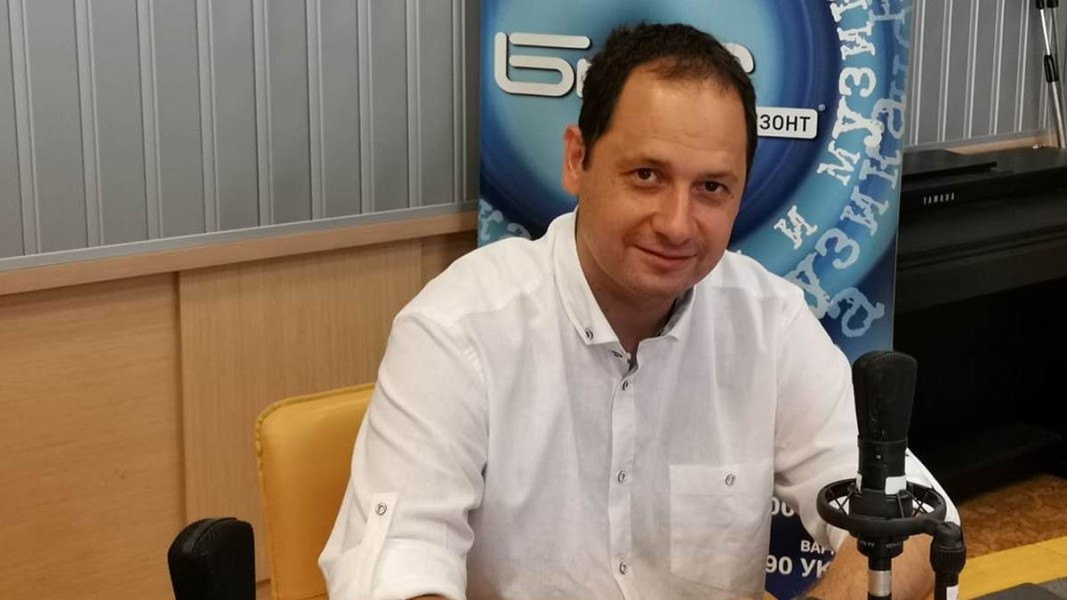In the past 18 months, the world has been fighting the Covid-19 pandemic and it seems that at times we have forgotten about the war on other diseases, including cancer. According to statistics, in 2020, 2.7 million people in the European Union were diagnosed with cancer and another 1.3 million lost their lives to the disease. In the past decade, nearly 30,000 Bulgarians have been diagnosed with cancer on an annual basis, which is 10,000 more as compared to the period prior to the year 2000.
One in two people in the European Union are diagnosed with cancer in their lifetime and one in five people die from cancer. The overall economic impact of cancer in Europe is estimated to exceed EUR 100 billion annually.
The coronavirus pandemic has taught us a lesson that we cannot fight against such a deadly and unknown enemy alone. That is why Europe’s Beating Cancer Plan is the main pillar of a stronger European Health Union announced by EC President Ursula von der Leyen in November 2020. The launch of the new Knowledge Center on Cancer in July 2021 is the first flagship action of Europe’s Beating Cancer Plan. The Knowledge Center is a new online platform to gather evidence and coordinate actions against cancer. Doctors, pharmacists and health professionals from EU member states can use this platform to exchange experience, information and legislative initiatives, Bulgarian MEP Petar Vitanov, member of the Committee on the Environment, Public Health and Food Safety, explained in an interview for the BNR.

“Cancer is the leading cause of death among EU citizens aged 65 or more. Unfortunately, in Eastern Europe much more people die of cancer as compared to Western Europe. Moreover, life expectancy in Bulgaria is the lowest in the European Union.”
In Petar Vitanov’s view, this is due to insufficient health care and the lack of health prophylaxis:
“The Knowledge Center on Cancer will collect and provide up-to-date information about the oncological diseases, map the latest evidence on cancer and assist in formulating policies in the field of prophylaxis. This is an extremely serious problem in Bulgaria. In Denmark, 80% of women aged between 50 and 70 undergo prophylactic screening. In Bulgaria, this percentage is significantly lower. That is why I believe that the new Knowledge Center will help Bulgaria increase the quality of health services, because it will be able to implement a series of good practices from the Western European countries”, noted MEP Petar Vitanov.
In his words, reducing the prices of medicines for cancer sufferers is key to the high-quality medical treatment. EU joint procurement of cancer medicines is expected to ease the shortage of these medicines in some member states and practically lead to lower prices. The smooth coordination between the EU countries would will improve cancer treatment in each EU member state, contends Petar Vitanov. Let us not forget that according to experts, 40% of the new cancer cases are due to the lack of healthy nutrition, physical activities, smoking and excessive alcohol consumption.
Compiled by: Vesela Krasteva (based on interview by Nina Rangelova, BNR-Burgas)
English version: Kostadin Atanasov
Photos: pixabay and BNROver 3.5 million Ukrainians have arrived in or passed through Bulgaria since the beginning of the war. Nearly 200,000 people have found temporary shelter in the country, announced Anna Tertychna from the Ukrainian Embassy in Bulgaria. She..
At the Bulgarian Embassy in London, Prof. Bettany Hughes presented excerpts from the new BBC series - Wonders of Bulgaria. Prof. Bettany Hughes is the author of two episodes of the documentary. Hughes is a historian, writer, author of..
According to the Annual Report on the Health Status of Bulgarian Citizens for 2023, t he main cause of death in Bulgaria is diseases of the cardiovascular system (61.1%), followed by oncological diseases (16.5%) and diseases of the respiratory system..
According to the Annual Report on the Health Status of Bulgarian Citizens for 2023, t he main cause of death in Bulgaria is diseases of the..
At the Bulgarian Embassy in London, Prof. Bettany Hughes presented excerpts from the new BBC series - Wonders of Bulgaria. Prof. Bettany..
Over 3.5 million Ukrainians have arrived in or passed through Bulgaria since the beginning of the war. Nearly 200,000 people have found temporary..

+359 2 9336 661
